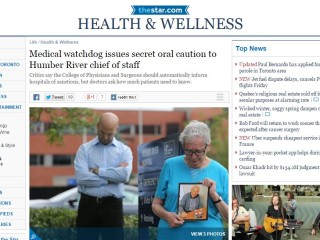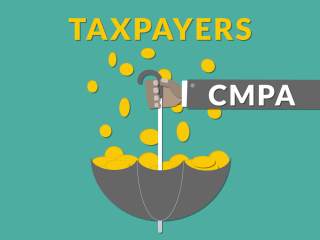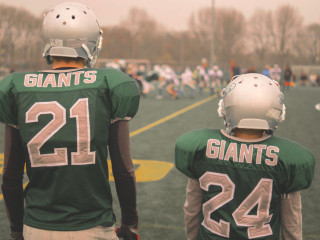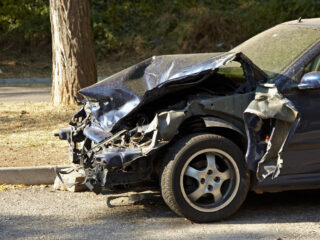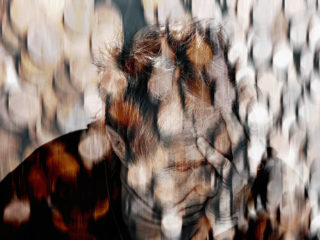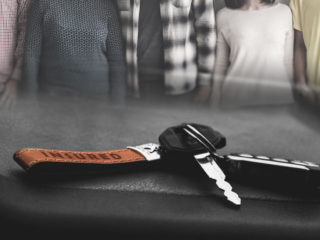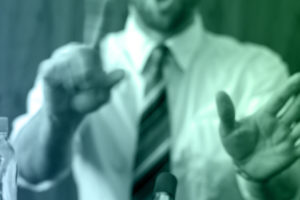Expert witnesses are common in personal injury cases, especially car accident cases. Both plaintiffs and insurers call expert doctors, economists or accountants, engineers, occupational therapists and all sorts of other specialists to give expert opinions. Ten of thousands of dollars are spent. Sometimes even more.
Expert Witnesses and their Duty to the Court
In Ontario, an expert witness has an overriding duty to the court. The Rules of Civil Procedure state:
4.1.01 (1) It is the duty of every expert engaged by or on behalf of a party to provide evidence in relation to a proceeding under these rules,
- to provide opinion evidence that is fair, objective and non-partisan;
- to provide opinion evidence that is related only to matters that are within the expert’s area of expertise; and
- to provide such additional assistance as the court may reasonably require to determine a matter in issue.
The expert’s duty to the court prevails over any other duty. In other words, no matter who hires them and how much they are paid, an expert must be fair and honest. They even have to sign a form saying so.
Despite the Rules and despite the Expert Duty Form, the same experts give the same evidence over and over again for the same people that hire them. These experts make LOTS of money from their testimony: hundreds of thousands of dollars each year.
Biases and Cross-Examination
Given all of the above, it is curious that expert witnesses cannot be cross-examined on the fact that judges in other cases have found them to be biased.
I think that, to a non-lawyer, this would probably be one of the stranger legal rules of personal injury law.
Suppose one judge says an expert witness is biased and shouldn’t be believed. From a fairness perspective, why shouldn’t a jury in another case be allowed to know that? After all, there are similar topics that the expert can be examined on, like how much they make from providing reports and testimony to lawyers, and how often they testify for plaintiffs or insurers.
Why Can’t Expert Witnesses be Cross-Examined on Previous Findings of Bias?
The basis for this strange legal rule is a criminal case called Ghorvei. Ghorvei was an appeal of a conviction for trafficking and possession of heroin. The accused tried to introduce evidence about the credibility of a Constable Nielsen, specifically a finding from a judge in another criminal case that Constable Nielsen was “a compulsive liar”. That sounds like something a judge or jury should be allowed to know.
Justice Charron found that those credibility findings were not proper material for cross-examination:
In my view, it is not proper to cross-examine a witness on the fact that his or her testimony has been rejected or disbelieved in a prior case. That fact, in and of itself, does not constitute discreditable conduct. I do not think it would be useful to allow cross-examination of a witness on what is, in essence, no more than an opinion on the credibility of unrelated testimony given by this witness in the context of another case. The triers of fact who would witness this cross-examination would not be able to assess the value of that opinion and the effect, if any, on the witness’s credibility without also being provided with the factual foundation for the opinion.
So, a judge or jury is not allowed to know that another judge found a witness to be a liar. One would think that this knowledge would be especially important in a situation where the witness had signed a form stating that their duty is to give a fair and unbiased opinion to the court. Instead, judges have followed Ghorvei, even to the extent of considering plaintiff’s lawyers attempts to cross-examine on prior negative judicial comment “unnecessary” when awarding costs to the defendants.
Following Ghorvei allows the same biased witnesses to be hired over and over again to give the same bad opinions. The experts get to make a lot of money, but it doesn’t make a lot of sense from a fairness perspective.
